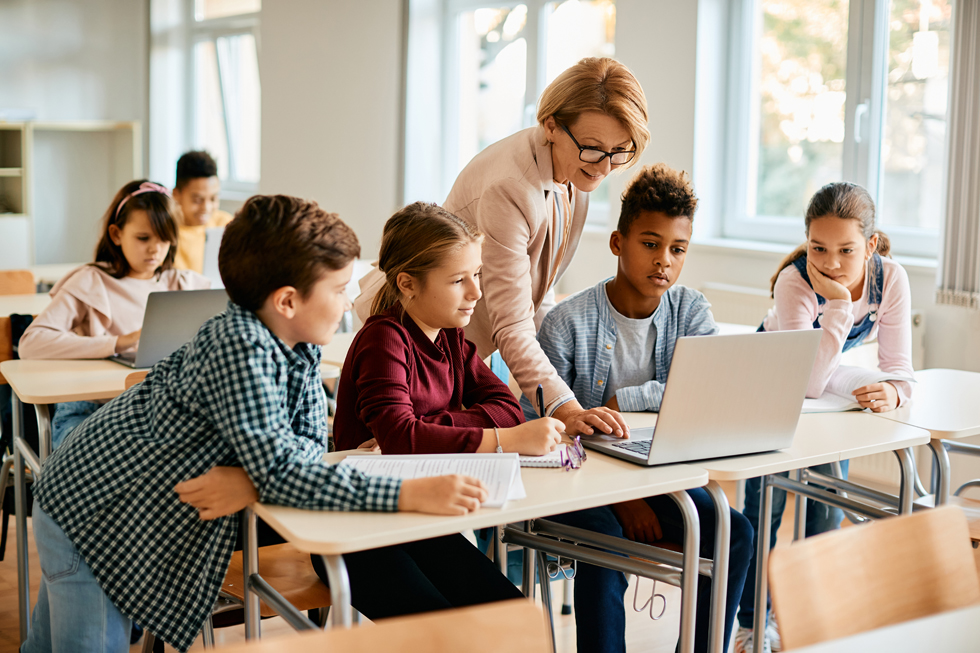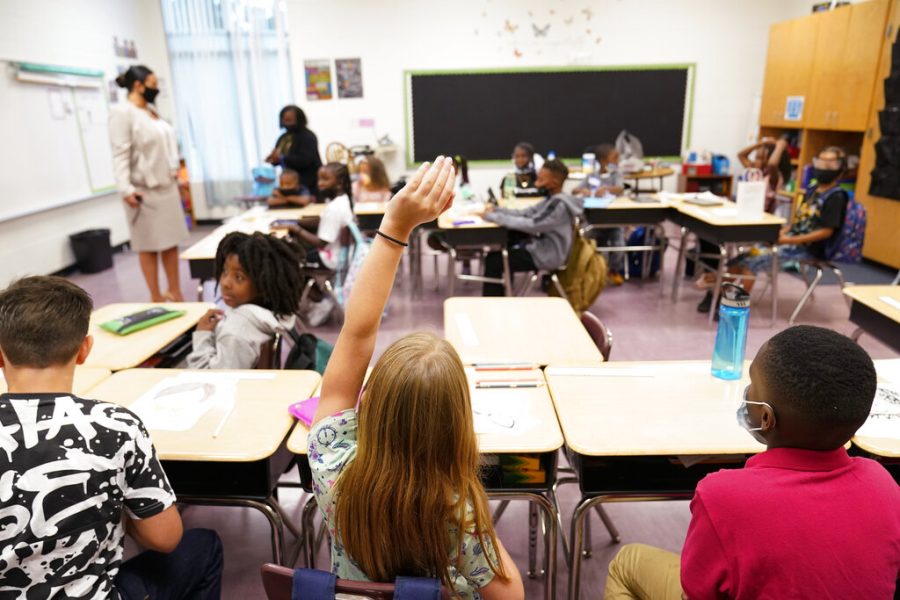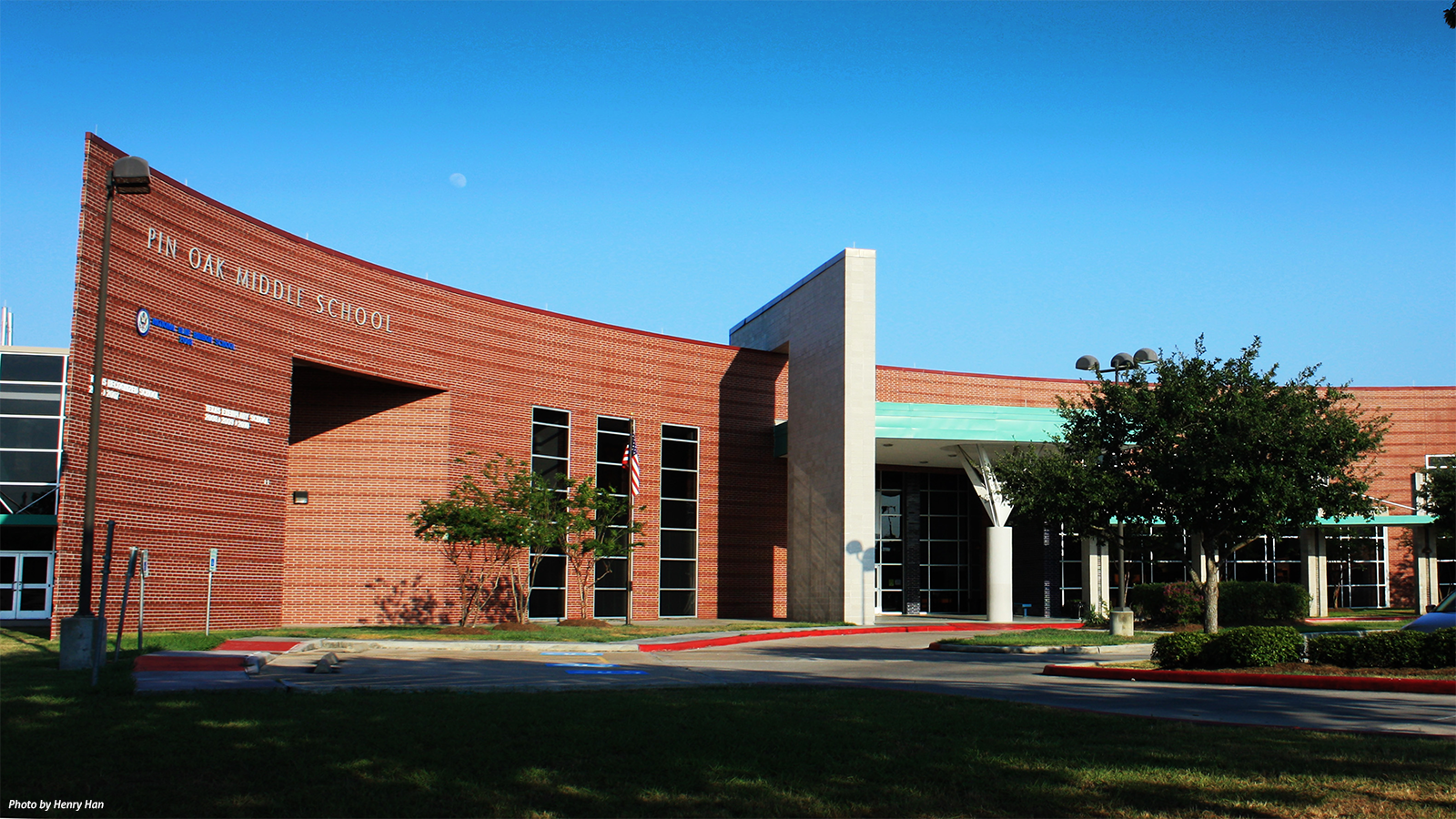Recognizing the Importance of Colleges in Youngster Growth and Community Growth
Schools' engagement with regional areas via service-learning campaigns enhances the bond in between family members and instructional organizations. This symbiotic partnership highlights the value of colleges in supporting energetic citizenship and long-lasting knowing routines.
Academic Success
Academic success acts as a foundation of child growth, supplying the foundation whereupon future understanding and success are developed. Schools play a pivotal duty in promoting this scholastic development, providing structured settings where youngsters can get vital knowledge and cognitive skills. Standardized educational program make sure that students gain efficiency in core subjects such as maths, science, and language arts, which are crucial for both college and expert possibilities.
In enhancement to passing on basic academic abilities, institutions also grow critical thinking, analytic abilities, and intellectual interest. These cognitive expertises are essential for navigating complicated real-world scenarios and adjusting to the ever-evolving demands of the contemporary office. Educators, as facilitators of discovering, use diverse instructional methods to accommodate different discovering styles, therefore maximizing specific trainee possibility.
Furthermore, scholastic success is closely linked to self-confidence and inspiration. Youngsters who experience academic accomplishments are most likely to create a favorable self-concept and a lifelong interest for discovering. Colleges additionally provide different resources, such as libraries and modern technology, which even more improve the instructional experience and prepare pupils for a technically innovative society.
Social Skill Development
Beyond scholastic achievement, the duty of institutions in social ability development is essential. Schools serve as a key location for children to find out and exercise necessary social abilities such as interaction, teamwork, and dispute resolution. In the structured environment of a classroom, pupils engage with peers, instructors, and other institution personnel, providing numerous chances to create these essential capacities.
Efficient social ability growth in colleges is assisted in through team activities, joint jobs, and extracurricular programs. These communications aid trainees understand social standards, construct compassion, and foster a feeling of community. Group assignments teach pupils exactly how to function with each other in the direction of a typical goal, listen to different perspectives, and browse disagreements constructively.

The growing of social abilities throughout academic year lays a structure for future individual and professional connections. Save Temecula Schools. As pupils develop, the capacity to effectively interact and team up ends up being significantly essential, underscoring the college's crucial role in alternative kid development
Exposure to Diversity
Exposure to diversity in institutions is basic to fostering an inclusive state of mind and expanding trainees' perspectives. Schools function as a microcosm of the broader society, and experiencing diverse societies, languages, and socioeconomic histories within this setting outfits pupils with crucial skills for navigating an you can check here increasingly globalized world. This exposure motivates empathy, minimizes bias, and promotes shared respect amongst peers.
Diverse class additionally improve social and cognitive development. Study indicates that trainees who engage with peers from different histories show better problem-solving abilities and imagination. They find out to appreciate various viewpoints, which enhances class discussions and promotes an extra dynamic learning experience. This understanding of variety prepares students for future offices that value multicultural skills.

Area Engagement
The benefits of diverse classrooms extend beyond the school walls, promoting a strong sense of neighborhood interaction amongst trainees. By engaging with peers from numerous social, socioeconomic, and ethnic histories, pupils obtain a more comprehensive perspective and a recognition for variety. This direct exposure motivates them to end up being active residents who are ready to contribute positively to their neighborhoods.
Institutions that highlight neighborhood engagement often incorporate service-learning projects, which permit students to address real-world troubles while using scholastic skills. These tasks not only boost pupils' understanding of their coursework however additionally instill a feeling of duty and compassion. Furthermore, collaborations between colleges and regional organizations provide students with opportunities to join neighborhood events, further solidifying their function as proactive area members.
In addition, adult and neighborhood involvement in institutions strengthens the bond in between universities and the areas they serve. When colleges open their doors to area events, workshops, and volunteer possibilities, they create a joint setting that profits all stakeholders. This shared support system makes sure that students obtain holistic advancement, preparing them to come to be all-around people that value and add to their areas. With these initiatives, institutions play an essential duty in supporting community involvement and fostering social development.
Lifelong Learning Routines
Establishing lifelong discovering routines is crucial for a child's continual development and you can try these out flexibility in an ever-changing world. Colleges play a pivotal duty in instilling these habits by producing an atmosphere that cultivates curiosity, vital reasoning, and a love for understanding. Via extracurricular activities and diverse educational programs, instructors urge pupils to discover numerous subjects, examine details seriously, and use their discovering to real-world circumstances.

Additionally, schools offer an organized setting where children can establish self-control and time monitoring skills, both of which are vital for constant knowing. By highlighting the relevance of setting goals, assessing progression, and adapting techniques, universities prepare pupils to browse check this site out the complexities of adult life, ensuring they stay long-lasting students and factors to society.
Final Thought
In final thought, colleges are crucial in fostering youngster development and neighborhood growth by offering atmospheres for academic accomplishment, social skill advancement, and exposure to diversity. Through collaborative jobs and communications, institutions improve vital thinking, compassion, and communication abilities. Area involvement initiatives better reinforce the bond between regional neighborhoods and educational establishments. Ultimately, schools grow long-lasting knowing behaviors, equipping people with the essential understanding and skills to add favorably to culture.
In the structured atmosphere of a class, trainees connect with peers, teachers, and various other institution team, supplying countless possibilities to establish these crucial capacities.
In essence, direct exposure to diversity within institutions not only enhances private pupils but likewise enhances the social fabric of the neighborhood as a whole.
The advantages of varied classrooms extend beyond the college walls, fostering a solid feeling of community involvement among pupils.Colleges that highlight community interaction frequently integrate service-learning jobs, which enable trainees to resolve real-world problems while using academic skills. Collaborations in between colleges and neighborhood companies provide students with chances to get involved in area occasions, further solidifying their function as aggressive neighborhood members.